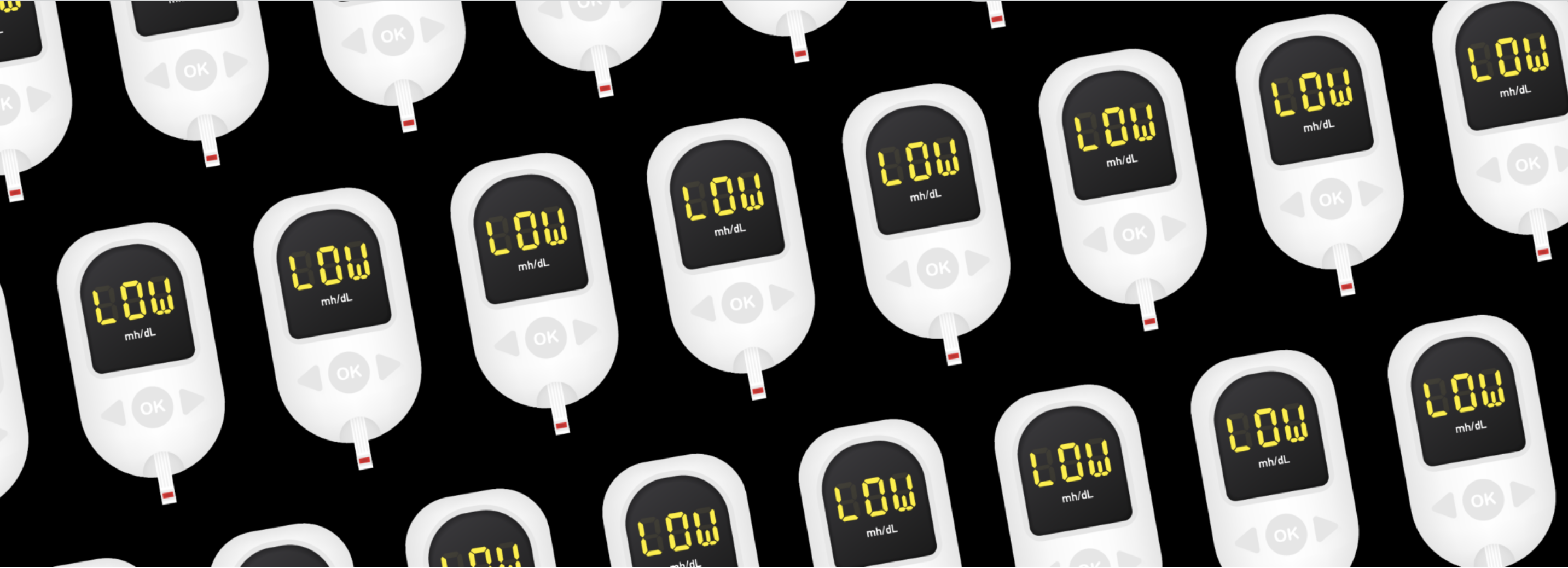Women’s Health: Let’s Talk About Polycystic Ovary Syndrome
Written by: Eugenia Araiza, CDE Nutritionist
3 minute read
November 12, 2020
PCOS is a disorder that impacts up to 5 million women of reproductive age and cause difficulties in conceiving.
Polycystic ovary syndrome (PCOS) is a disorder of the endocrine system that increases the production of hormones called androgens (hyperandrogenism) and is characterized for altering the menstrual cycle and making it last longer than usual, reaching intervals of up to 36 to 90 days (medically known as oligomenorrhea). Both characteristics can cause problems in getting pregnant.
PCOS affects 6 percent to 12 percent (up to 5 million) of women of reproductive age in the United States and is thought to be caused by excess insulin that increases the levels of androgens produced by the ovaries. This prevents ovulation and causes the characteristic symptoms of the syndrome.
Characteristic symptoms
The most characteristic symptoms that women with PCOS experience in addition to irregular periods and infertility are:
- Pelvic pain
- Hirsutism (excess hair on the face, chest, abdomen or thighs)
- Weight gain or difficulty losing weight
- Acne or oily skin
- Acanthosis Nigricans (dark and thickened areas generally located in folds of the skin and neck)
- Although the way it is connected is unknown, it is also linked to depression and anxiety
Insulin Resistance
Some of these symptoms are related to insulin resistance and compensatory hyperinsulinemia (in which the body produces more insulin to prevent blood glucose from rising which in turn causes greater insulin resistance).
In recent years it has been found that the majority of women with PCOS are at high risk for health conditions including diabetes mellitus, premature atherosclerosis, heart attack and coronary heart disease.
PCOS and Diabetes
Polycystic ovary syndrome is closely related to diabetes and prediabetes. According to the International Diabetes Federation and the American Diabetes Association the risk factor is five-to-ten times higher for developing type 2 diabetes.
Risk Factors for Developing PCOS
Some of the risk factors for PCOS are: having relatives with type 2 diabetes, age, overweight or obesity, especially when visceral fat is present (which surrounds the organs in the abdominal cavity).
How to Prevent PCOS
Although PCOS has a genetic component since women whose sisters or mothers have PCOS or type 2 diabetes have a greater chance of developing it, it can be prevented by making lifestyle modifications and making healthy decisions such as eating healthy and being physically active, which helps decrease insulin resistance.
Most women find out they have PCOS when they visit their doctor to treat the characteristic symptoms such as acne or hair growth, difficulty getting pregnant, or having irregular periods. It is important to emphasize that not all women will experience all the symptoms, so it is important to let the doctor know about all the characteristics and symptoms they have since that will contribute to a more precise diagnosis in a timely manner.
To determine if you have PCOS, your doctor can confirm at least two of the following:
- Irregular periods or no periods
- Elevated androgen levels
- Ovarian cysts
It is important to know if you have polycystic ovary syndrome to prevent the previously mentioned complications by changing habits, losing weight and, if necessary, with medical attention.
Remember that the information we share with you does not replace real medical advice, so we recommend that you consult with the team of professionals who take care of your diabetes.
References:
- Polycystic Ovary Syndrome and Diabetes, Heart Disease, and Stroke. (2019, May 7). Centers for Disease Control and Prevention. https://www.cdc.gov/diabetes/spanish/resources/spotlights/pcos.html
- Role of insulin in the pathogenesis of polycystic ovary syndrome – Medwave. (n.d.). https://www.medwave.cl/link.cgi/Medwave/PuestaDia/Congresos/756

Author
Eugenia Araiza, CDE Nutritionist
Eugenia has a degree in nutrition and is a diabetes educator. She was diagnosed with type 1 diabetes 23 years ago. She currently works at Healthy Diabetes https://www.facebook.com/healthydiabetesmx/ https://www.healthydiabetes.mx She really enjoys studying and helping others to manage their different types of diabetes.
Related Resources

The biggest barbecue day of the year is the 4th of July! Celebrating the 4th...
Read more

Hypoglycemia and severe hypoglycemia are two things against which all people with diabetes should be...
Read more

Whether or not you have type 2 diabetes, you must eat. You must also pay...
Read more

